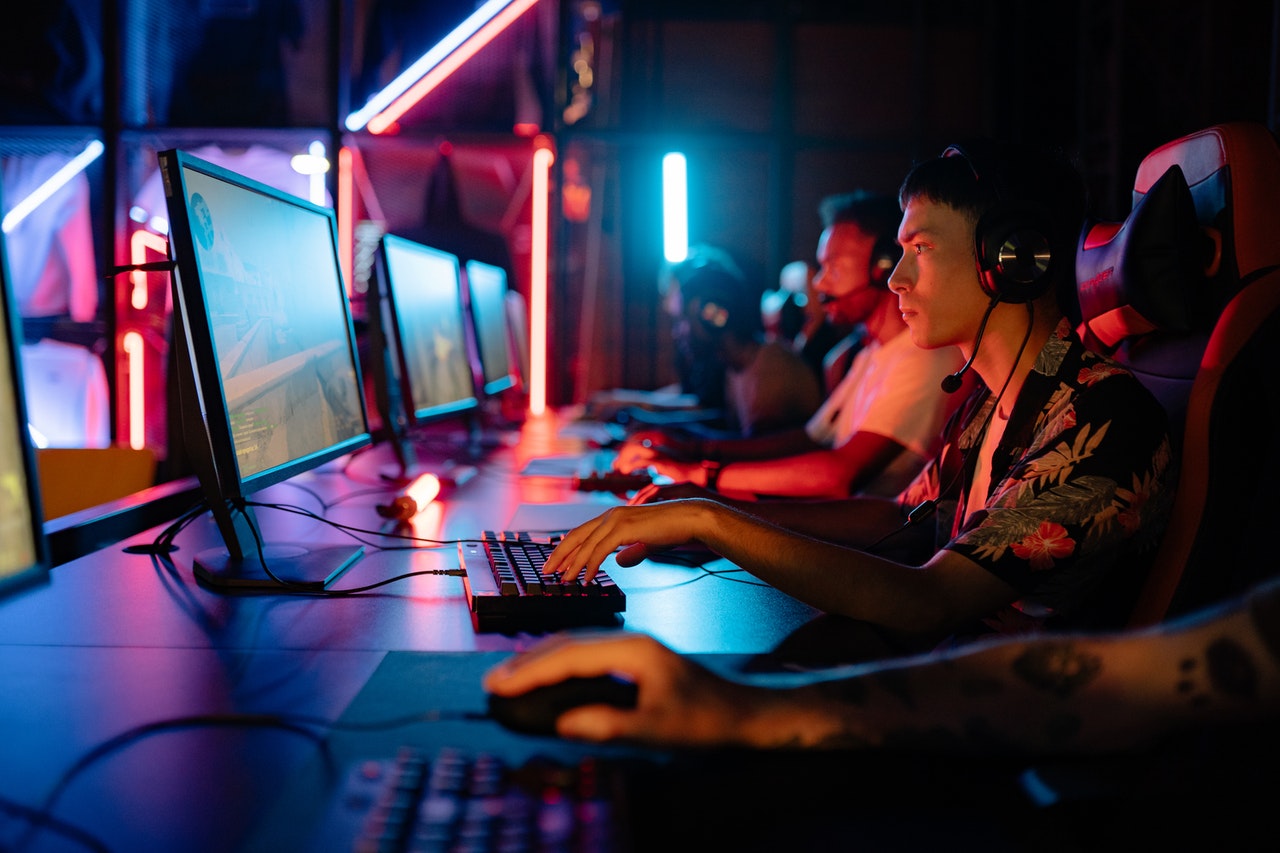In the vibrant world of gaming, one cannot overlook the profound relationship between gaming and identity. It’s a realm where individuals immerse themselves in virtual landscapes, embodying characters, and forging connections. This article delves into the intricate tapestry of ɡāmiNG culture, examining how representation and diversity shape personal identity within ɡāmiNG communities.
Gaming Culture: A Fusion of Diverse Identities
Gaming isn’t merely about entertainment; it’s a cultural phenomenon that embraces diversity. From casual gamers to competitive esports athletes, the ɡāmiNG community encompasses individuals from all walks of life. Whether you’re exploring fantastical realms or engaging in multiplayer battles, ɡāmiNG provides a platform for self-expression and exploration.
The Impact of Representation in Gaming
Representation holds immense significance in ɡāmiNG, influencing players’ sense of belonging and self-perception. When gamers encounter characters that resonate with their identity—whether in terms of race, gender, sexuality, or ability—they feel validated and empowered. Conversely, the lack of diverse representation can perpetuate feelings of exclusion and marginalization.
Breaking Stereotypes: Challenging Norms in Gaming
Gaming serves as a catalyst for challenging societal norms and stereotypes. Through diverse narratives and character portrayals, game developers have the power to dismantle stereotypes and foster inclusivity. By presenting nuanced depictions of various identities, ɡāmiNG cultivates empathy and understanding among players.
Identity Exploration in Virtual Worlds
Virtual worlds within games offer a unique space for identity exploration. Players can experiment with different personas, genders, and appearances, transcending the constraints of the physical world. This freedom fosters a sense of agency and self-discovery, allowing individuals to authentically express facets of their identity.
Empowering Marginalized Voices
Gaming serves as a platform for amplifying marginalized voices and narratives. Indie games, in particular, often tackle themes of identity, discrimination, and social justice. By highlighting diverse experiences and perspectives, these games spark meaningful conversations and promote empathy within the ɡāmiNG community.
Overcoming Challenges: Addressing Discrimination in Gaming
Despite strides towards inclusivity, discrimination and harassment remain prevalent issues in ɡāmiNG spaces. Online toxicity, misogyny, racism, and homophobia can create hostile environments that deter individuals from fully engaging in ɡāmiNG communities. Addressing these challenges requires collective action and ongoing advocacy for inclusivity and respect.
Gaming as a Tool for Social Change
Gaming has the potential to drive positive social change by fostering empathy, promoting diversity, and challenging societal norms. Through immersive storytelling and interactive experiences, games can spark dialogue on pressing social issues and inspire players to advocate for justice and equality.
Embracing Diversity: Building Inclusive Gaming Communities
Creating inclusive ɡāmiNG communities requires intentional efforts to celebrate diversity and foster belonging. Game developers, community moderators, and players alike play a crucial role in promoting inclusive spaces where individuals of all backgrounds feel welcome and respected.
The Future of Gaming and Identity
As ɡāmiNG continues to evolve, so too will its impact on identity formation and representation. With advancements in technology and storytelling, the possibilities for creating diverse and inclusive ɡāmiNG experiences are limitless. By prioritizing representation and empathy, the ɡāmiNG industry can pave the way for a more equitable and inclusive future.
Conclusion
In the dynamic landscape of gaming, representation and diversity are paramount. By embracing diverse narratives, challenging stereotypes, and fostering inclusive communities, ɡāmiNG has the power to shape identity, drive social change, and unite players from all walks of life.
